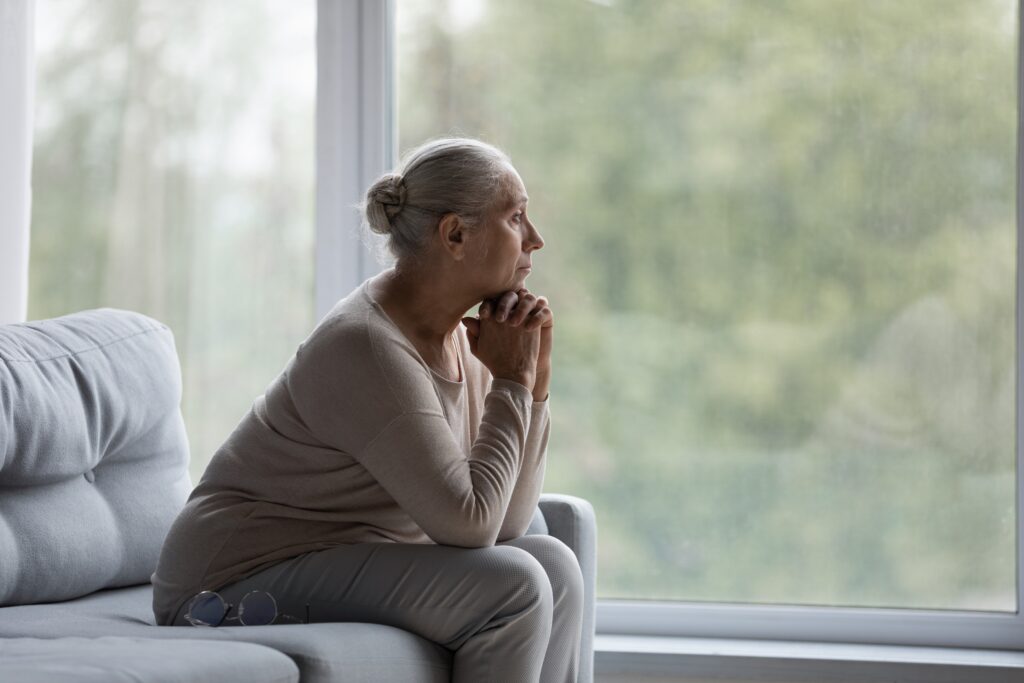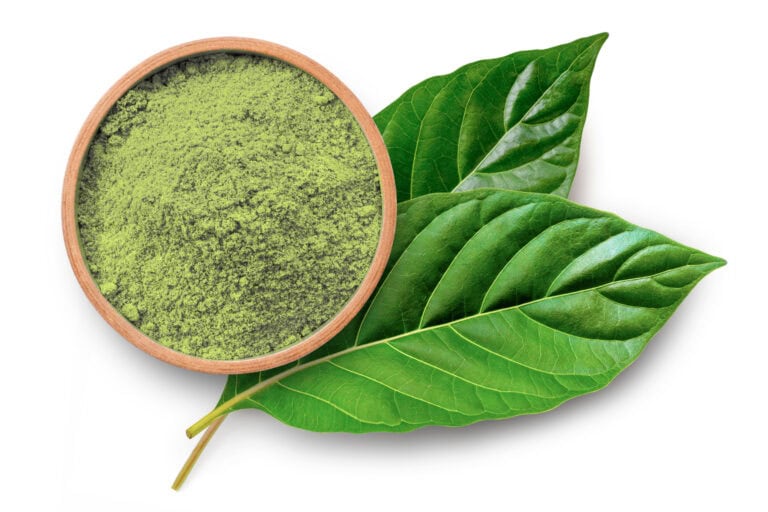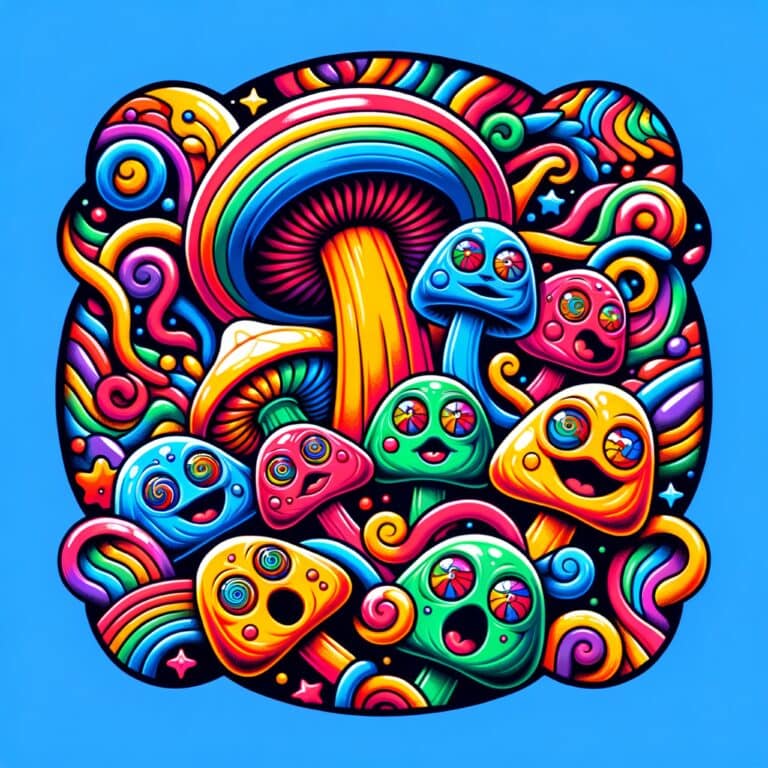The Hidden Epidemic: Substance Abuse Among Older Adults
The typical stereotype of people who are most affected by the current addiction epidemic tends to focus on young people. However, this issue affects all generations, especially the older ones. Drug and alcohol misuse among Baby Boomers has been increasing at alarming rates in recent years.
Astounding numbers of older people are being diagnosed with substance use disorders (SUDs). This is being called the “invisible epidemic.” The problem is much more serious than a social drink here and there. More older adults are misusing drugs like opioids, marijuana, and alcohol.
How Bad Is The Problem?
According to the Substance Abuse and Mental Health Services Administration, more than 7 million adults over the age of 65 live with a substance use disorder (SUD), commonly referred to as addiction. In recent years, fatal overdoses have climbed sharply among older adults. From 2002 to 2021 the rate of deaths from opioid overdose (both accidental and intentional) quadrupled among this population. This rate has risen higher than any other age group.
Binge drinking has increased more than 40 among older adults over the past 15 years, according to one meta-analysis. Alcohol-related deaths have also increased. From 1999 to 2020, the rates of alcohol-related deaths surged 237 percent among those over the age of 55. This is higher than for any age group — with the exception of 25-34-year-olds.
Why Are Older Adults Using Substances At Increasing Rates?
What is causing substance use rates to skyrocket? There are several factors contributing to the increase in substance misuse.
- Pandemic – The pandemic played a clear role in the increased use of alcohol among those 65 and older. Older adults with depression and anxiety disorders had the largest increases in alcohol use during the pandemic. Compared to pre-pandemic rates, marijuana use has also increased. In one study, 12 percent of Americans aged 50 to 80 reported using substances containing THC (the active ingredient in marijuana) in the last week. Before the pandemic, the rate was 9 percent. It is thought that the stress and loneliness of the pandemic led more older adults to turn to substances to cope.
- Pain – Degenerative joint disease, osteoarthritis, and chronic pain are common in this population. Older adults may turn to cannabis to cope with the pain. Others are prescribed opiates for pain relief by their physicians.
- Anxiety and depression – Many older adults face higher rates of anxiety and depression due to the loss of loved ones, loneliness, and physical health decline. Some turn to drugs or alcohol to cope.

What Drugs Are Being Abused By Older Adults?
Prescription Medications
In the U.S., the most common drug use disorders among older adults involve prescription medications. Adults aged 65 and older make up the largest users of prescription opioids in the United States. Prescription medications may seem harmless enough. However, certain prescription drugs can be very dangerous when misused — especially benzodiazepines and opiates.
Marijuana
Older adults are using marijuana at increasing rates to deal with pain and sleep issues. People may view cannabis as a less harmful alternative to opiates. However, this is leading to increasing rates of cannabis-related disorders among older adults.
Recent research led by Food and Drug Administration (FDA) epidemiologists examined the rate of cannabis-related disorders among 56 million Medicare beneficiaries over the age of 65. From 2017 to 20222 rates of cannabis-related disorders increased. The highest rates of addiction were seen in states where cannabis is legal.
Risks of Substance Abuse in Older Adults
Older adults face greater risks from substance misuse. That is because there are physiological changes that take place in the body and brain that make older adults more susceptible to the effects of a drug. Your body cannot metabolize drugs and alcohol as efficiently as you age. Tolerance to drugs and alcohol also goes down as you age. This means that equivalent amounts of drugs or alcohol impact older adults to a much greater degree compared to those who are younger.
The risk of serious problems stemming from misuse includes:
- Falls and accidents– Certain drugs, especially benzodiazepines like lorazepam (e.g., Ativan), and Alprazolam (e.g., Xanax), which may be prescribed for anxiety increases the risk of dizziness and falls.
- Exacerbates health issues – Many older adults have health issues like diabetes, heart disease, and kidney and liver disease. Substance use may cause these problems to worsen. In addition, substance abuse can cause serious health issues (liver disease, kidney problems) in those who didn’t have them before.
- Suicidal ideation – Suicidal ideation is higher among older adults with substance use disorders. In one study, 7 percent of older Medicare beneficiaries diagnosed with SUD had suicidal thoughts. Only 2 percent who didn’t have substance use issues reported suicidal ideation.
- Cognitive impairment – Memory and cognitive problems are worsened by substance abuse.
- Serious interactions with medications – Many older adults take a lot of different prescription medications. Alcohol negatively interacts with many prescription medications. In addition, many illicit drugs can have serious interactions with prescription medications.
- Overdose – Most older adults take multiple drugs. If they are misusing prescription medications, it can be easy to get confused and take a fatal dose.
- Increased risk of motor vehicle accidents – The overuse of benzodiazepines, in particular, while driving significantly increases the risk of accidents in older adults.
As is evident, the consequences of substance misuse in older adults can be severe and quite heartbreaking.
Treatment in Older Adults
Unfortunately, very few seniors who have substance-related problems seek treatment. One study found that only 6 percent of older Medicare beneficiaries sought treatment in the last year compared to 17 percent of Medicare beneficiaries who were younger.
This is unfortunate as research has found that substance abuse treatment can be particularly effective for older adults. A study, published in the American Journal of Geriatric Psychiatry, found that older adults who were consistent with treatment had fewer relapses compared to younger adults.
Barriers to Treatment
So, what is keeping older adults from treatment? Generally, older adults have more barriers than younger people. Some of the most common reasons why seniors don’t seek treatment include “concern about what others might think” and “financial barriers.”
Stigma
There’s still a stigma surrounding substance abuse in older adults. Unfortunately, this prevents many people from getting the help they need. Older adults may worry about what others will think if they find out.
Costs
The cost is one of the top worries that older adults have about substance abuse treatment but many insurance plans can help cover the cost. Both Original Medicare and Medicare Advantage plans can cover the cost of screenings and programs that treat substance use disorders, including opioid use disorder.
Medicare covers the treatment of substance use disorders in both outpatient and inpatient settings. However, deductibles and coinsurance costs may apply. Medicaid, as well as private insurance companies also cover the cost of substance use disorder treatments — both outpatient and inpatient.
How to Get Help
If you or a loved one is struggling with substance use, help is available 24/7. The first step is to reach out and talk to a professional.
If it is a loved one that you are worried about, reach out to them. Be kind and non-judgmental. They might not realize that they need help. Encourage them to talk to a professional. If that doesn’t work, consider asking their friend, pastor, or primary care provider to reach out to them.
Connect With Us Now
Reach out to us now for immediate support, or let us know the best time to contact you through our confidential call back service. Your journey to healing is just a conversation away




